When it comes to transporting heavy loads, dump trailers serve as an indispensable tool across various industries. Whether you’re in construction, landscaping, or waste management, understanding the right size truck to pull a dump trailer is crucial. Improper pairing can lead to inefficiencies, safety hazards, and increased operational costs. Thus, we delve into the intricacies of selecting the appropriate truck size to tow dump trailers effectively.
Understanding Dump Trailer Specifications
Before identifying the ideal truck size, it’s pivotal to comprehend the specifications of dump trailers, which can significantly vary based on their intended use:
Weight Ratings
- Gross Vehicle Weight Rating (GVWR): The maximum weight a trailer can safely handle, including the trailer itself and its payload.
- Payload Capacity: The maximum weight the trailer can carry excluding its own weight.
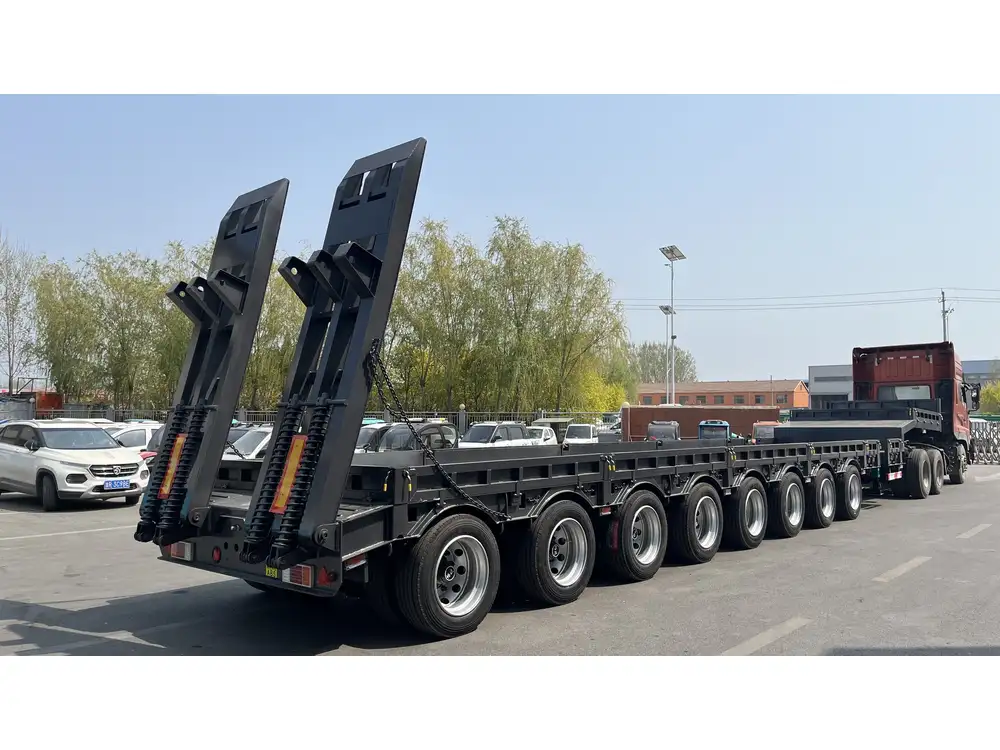
Common Dump Trailer Sizes
| Dump Trailer Size (in feet) | Typical Payload Capacity (in pounds) | GVWR (in pounds) |
|---|---|---|
| 5 | 2,000 – 3,000 | 7,000 – 10,000 |
| 6 | 4,000 – 6,000 | 10,000 – 12,000 |
| 7 | 6,000 – 8,000 | 12,000 – 14,000 |
| 8 | 8,000 – 10,000 | 14,000 – 16,000 |
Construction Materials
Dump trailers can be constructed from various materials such as:
- Steel: Highly durable and ideal for heavy loads but adds to the overall weight.
- Aluminum: Lightweight and rust-resistant, perfect for hauling lighter materials.
Dump Trailer Type
- Single Axle vs. Tandem Axle: Tandem axle trailers provide better stability and can handle heavier loads, while single axles may suffice for lighter, more general use.

Assessing Truck Capabilities
Required Towing Capacity
To determine what size truck is needed, the primary consideration is the truck’s towing capacity, which can be found in the manufacturer’s specifications. Towing capacity is influenced by several factors:
- Engine Power: The horsepower (HP) and torque ratings dictate the truck’s ability to handle heavy loads.
- Transmission Type: Automatic transmissions may offer better efficiency in towing compared to manual options.
- Rear Axle Ratio: A lower ratio (numerically higher) allows for better towing capabilities.
Towing Capacity Benchmarks for Common Truck Classes
| Truck Class | Typical Towing Capacity (in pounds) | Recommended Dump Trailer Size (in feet) |
|---|---|---|
| Light-Duty (e.g., 1500) | 5,000 – 10,000 | Up to 6 |
| Medium-Duty (e.g., 2500) | 10,000 – 16,000 | 6 to 8 |
| Heavy-Duty (e.g., 3500) | 16,000 – 40,000 | 8 and above |
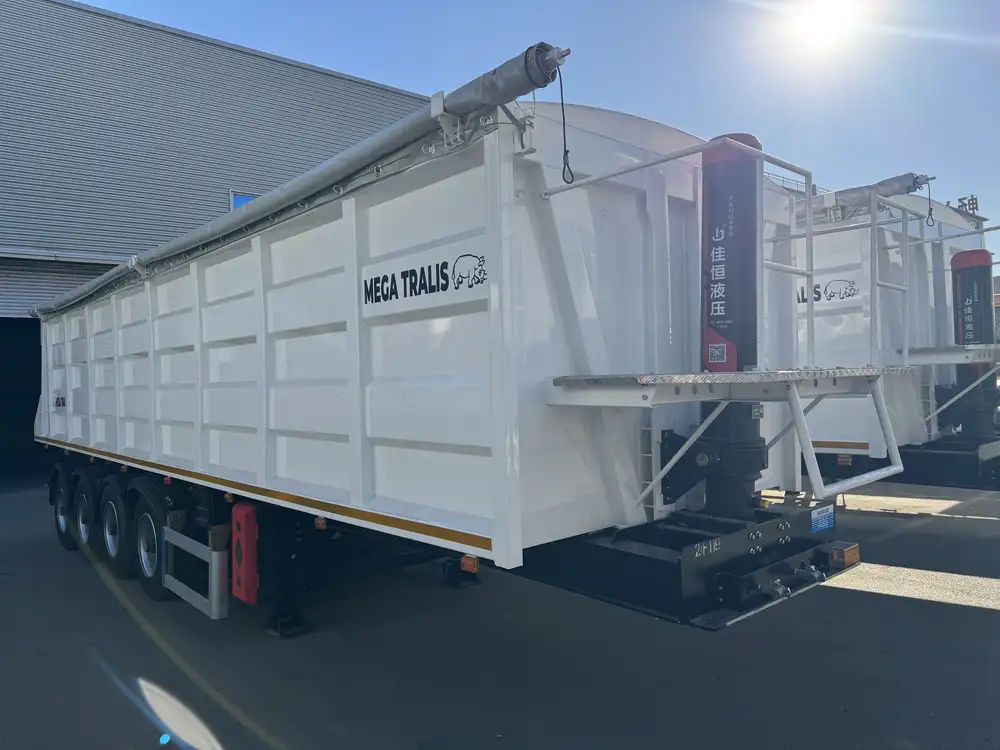
Essential Features for Towing
When selecting a truck, look for features that enhance towing efficiency and safety. These include:
- Tow Package: Enhanced cooling systems, upgraded brakes, and additional transmission cooling.
- Trailer Brake Controller: An electronic brake controller can provide more responsive braking for the trailer.
- Weight Distribution Hitch: Helps evenly distribute weight across the tow vehicle and trailer for improved control.
Matching Truck Size to Dump Trailer Type
Consider Load Requirements
Understanding your payloads is critical. Consider the heaviest loads you typically transport to ensure you are well within the safe towing limits of your truck.
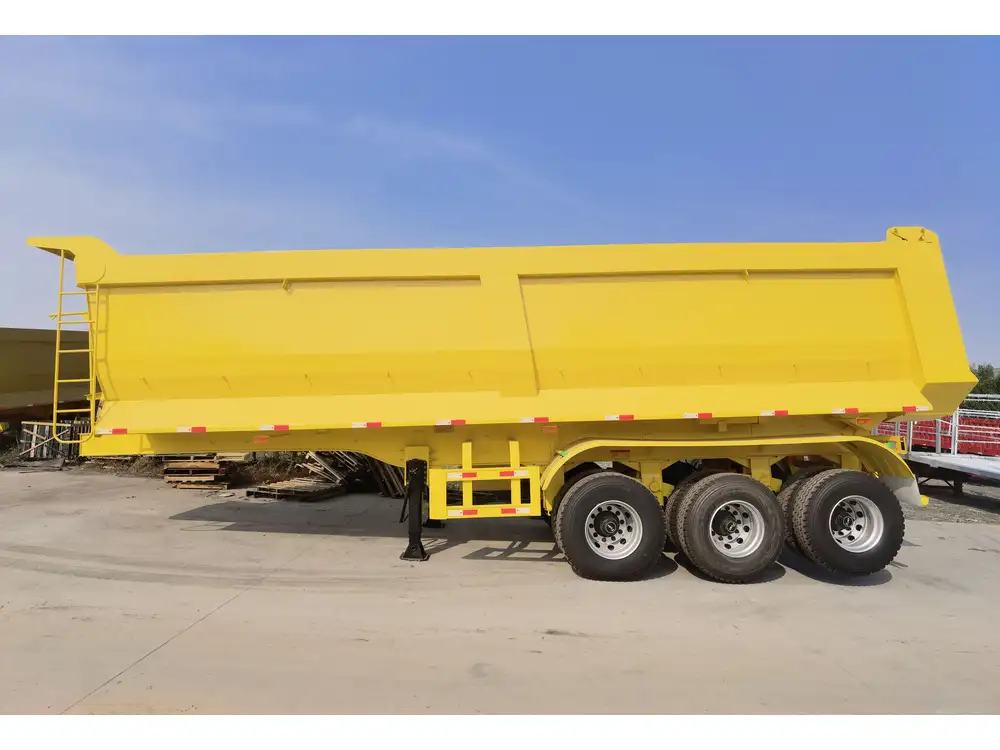
Geographical Terrain
The type of terrain you frequently encounter also affects the size of truck you need:
- Flat Trailers: Lesser towing capacity is required, and mid-sized trucks usually suffice.
- Hilly or Off-Road Conditions: A heavy-duty truck with higher torque is recommended to handle additional strain, particularly during inclines.
Frequency of Use
If you plan to tow frequently or in demanding conditions, investing in a higher-class truck can save future maintenance costs and increase safety.
Safety Considerations When Towing Dump Trailers
Safety is paramount in any towing operation. Follow these guidelines to ensure a safe towing experience:
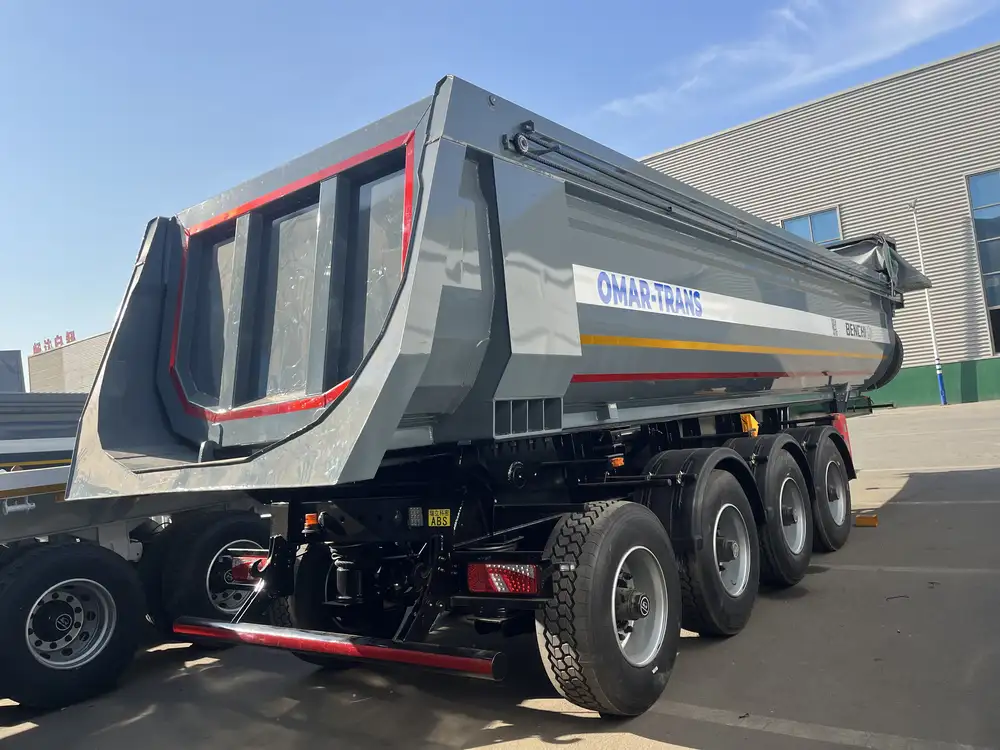
Proper Loading Techniques
- Balance the Load: Ensure that the weight is evenly distributed across the trailer.
- Check Overhang: The load should not exceed the trailer’s actual dimensions to avoid hazards.
Regular Maintenance
Regular checks for both trucks and trailers are vital. Some maintenance practices include:
- Inspecting brake systems for wear
- Checking tire pressure and condition
- Ensuring that the hitch is secure and functional
Using Proper Equipment
Utilize quality towing equipment specifically rated for your truck and trailer. Consider the following:

Hitch Types
| Hitch Type | Description | Suitable Load Capacity |
|---|---|---|
| Ball Hitches | A basic type, used commonly for light loads | Up to 5,000 |
| Fifth Wheel | Offers better stability and is suited for heavier loads | Up to 30,000 |
| Gooseneck | Used for transporting heavy machinery and trailers | Up to 30,000+ |
Learning Safe Towing Techniques
Understanding how to maneuver with a trailer attached is crucial:
- Practice Turning: Always allow extra room for turns.
- Braking Distance: Increase your following distance to allow for longer stopping times.
- Backup Maneuvering: Practice backing up with the trailer in a safe, open area.
Economic Factors
When deciding what size truck to utilize, consider the long-term economic implications:
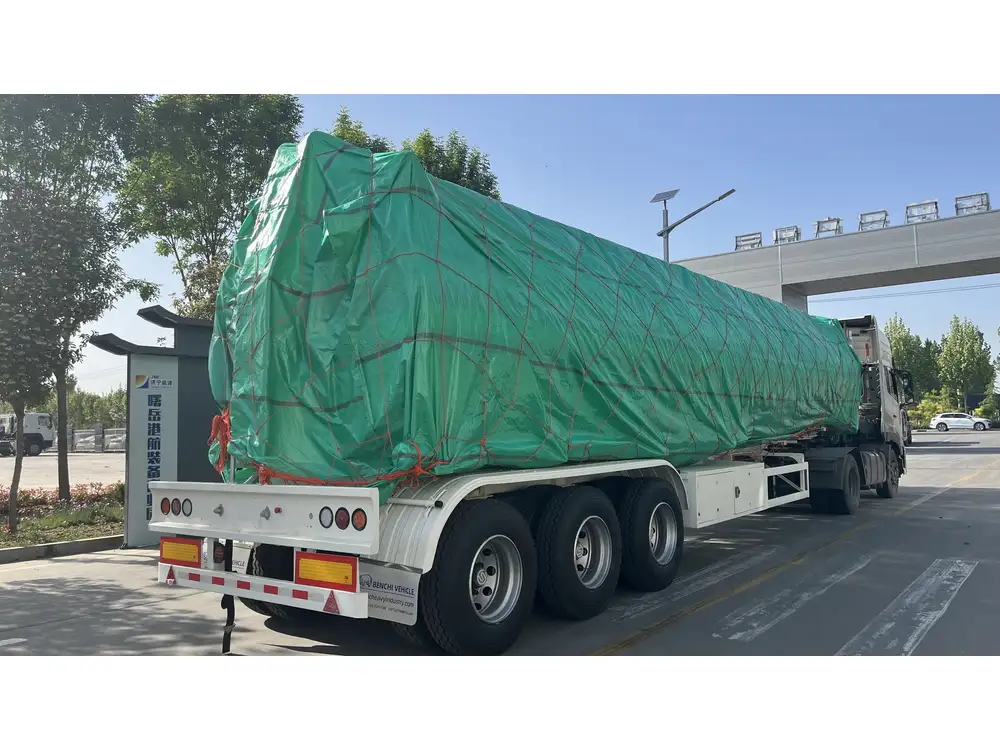
Fuel Efficiency
Heavier trucks might use more fuel, so the trade-off between towing capacity and gas mileage should be considered. Use trucks with fuel-efficient engines if towing is frequent.
Maintenance Costs
Heavier vehicles generally incur higher maintenance costs. Ensure that the potential maintenance over the years fits within your budgeting plan.
Resale Value
Trucks designed for towing often retain their value well. Consider potential resale value when making a purchase decision.
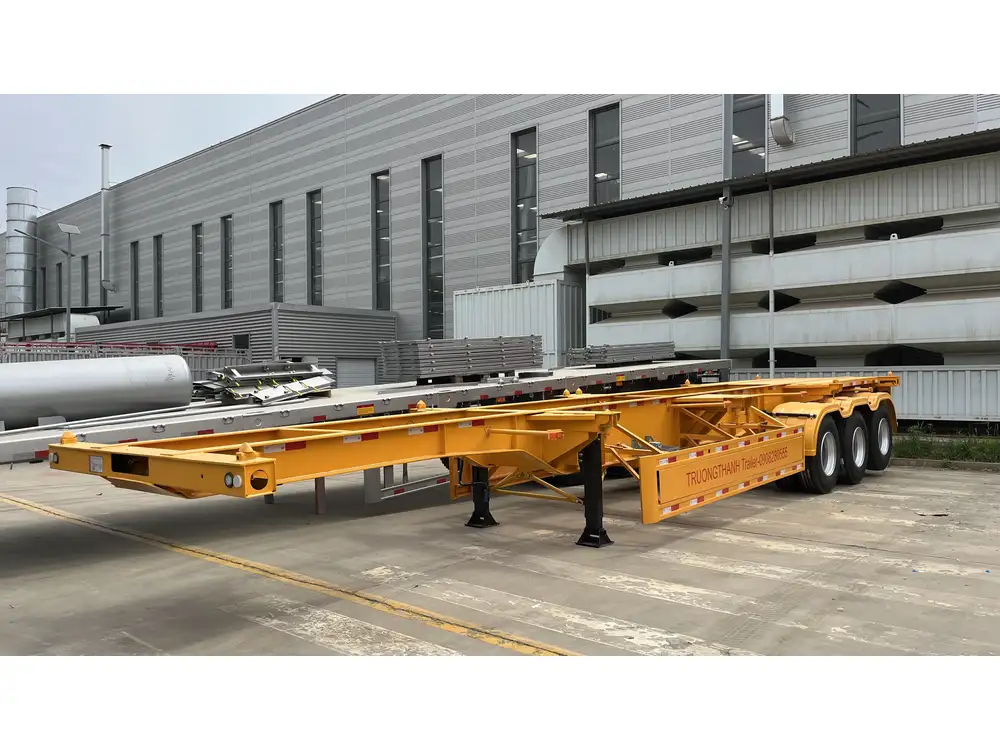
Conclusion
Selecting the appropriate truck size to pull a dump trailer is multifaceted, taking into account specifications, safety, economics, and operational environment. By understanding dump trailer ratings, truck capabilities, safety measures, and economic implications, you can make an informed decision for your towing needs.
To assist in your decision-making, we offer a consultation service for those looking to optimize their trailer and truck pairing for various jobs. Ensure you invest in the right equipment to maximize efficiency and safety in your operations. Whether you are transporting materials for construction, landscaping, or other purposes, our expertise in this domain ensures that you are equipped adequately for all your hauling requirements. Engage us today for personalized advice tailored to your unique needs!



